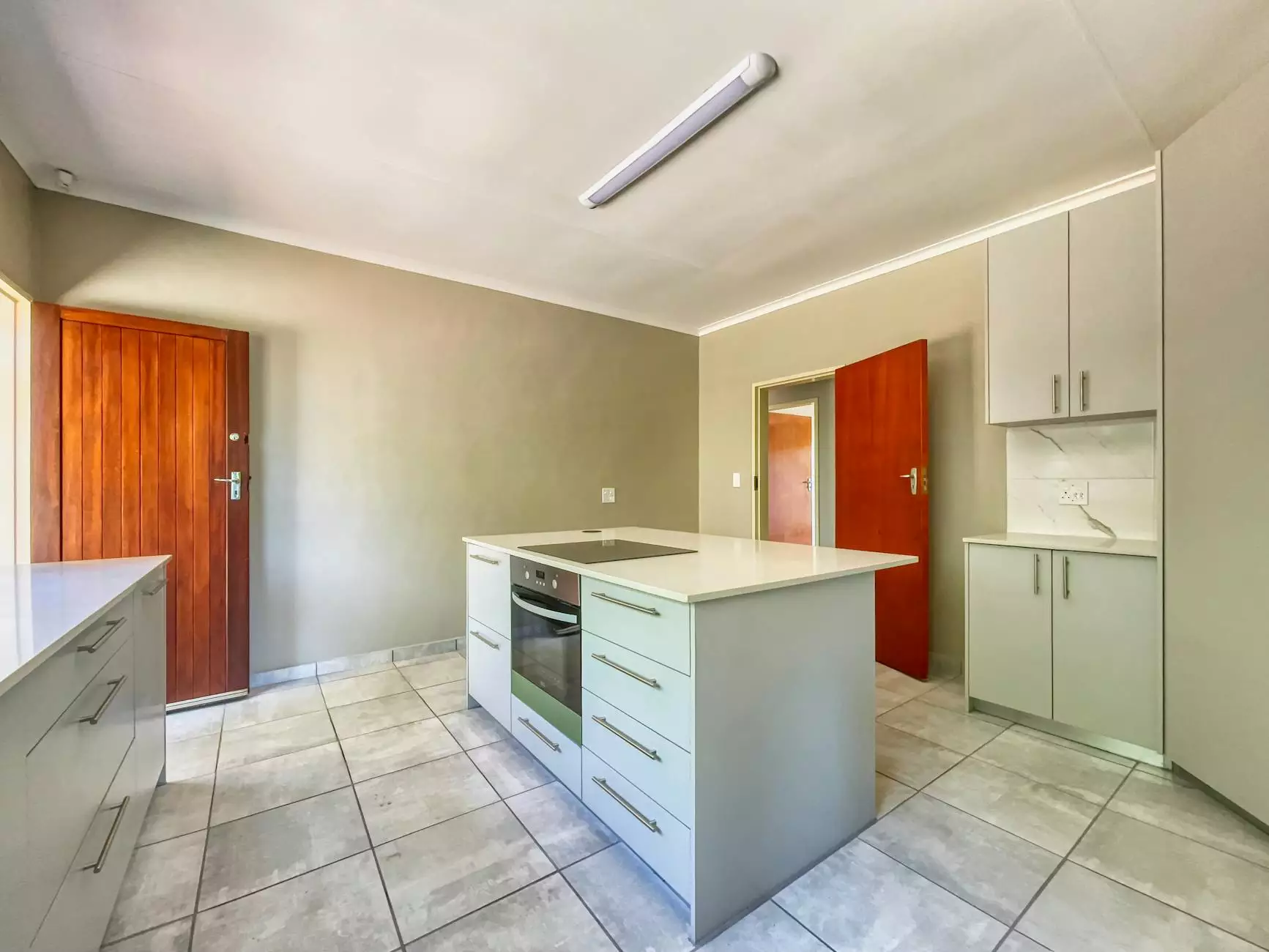Types of Kitchen Worktops: A Comprehensive Guide to Choosing the Right Surface

Your kitchen is the heart of your home, where culinary magic happens and family memories are made. One of the most pivotal choices in kitchen renewal, kitchen makeovers, or any kitchen renovation project is selecting the right worktop. The work surface not only affects the functionality of your kitchen but also sets the aesthetic tone for the entire space. In this article, we will explore the types of kitchen worktops available, highlighting their features, benefits, and ideal use cases.
1. Understanding Kitchen Worktops
Kitchen worktops serve as the primary workspace in any kitchen. They need to withstand daily use while also exuding style and comfort. The choice of material plays a crucial role in determining the worktop's durability, maintenance requirements, and design versatility. Let’s delve into the various materials available for kitchen worktops.
2. Natural Stone Worktops
Natural stone worktops are a popular choice among homeowners due to their breathtaking aesthetics and unmatched durability.
2.1 Granite Worktops
Granite is one of the most coveted materials when it comes to kitchen surfaces. It is a natural stone formed from volcanic activity, making it incredibly resilient. Granite is heat-resistant, scratch-resistant, and comes in a multitude of colors and patterns. Its unique look adds a touch of luxury to any kitchen.
- Pros: Exceptional durability, unique patterns, heat-resistant.
- Cons: Requires sealing, may be costly.
2.2 Marble Worktops
Marble is renowned for its elegant appearance. It offers a classic look with its distinctive veining. While it can be softer and more porous than granite, marble can still make a stunning addition to modern and traditional kitchen designs.
- Pros: High aesthetic appeal, ideal for baking (stays cool).
- Cons: Prone to scratches and stains, requires regular maintenance.
2.3 Slate Worktops
Sleek and unique, slate is another natural stone option that provides a contemporary edge. Its non-porous nature makes it resistant to stains, while its textured surface can serve as a stylish focal point.
- Pros: Non-porous, durable, unique aesthetics.
- Cons: Heavy, limited color options.
3. Engineered Stone Worktops
Engineered stone, often referred to by brand names such as Quartz, is composed of crushed natural stone mixed with resin. This combination results in a highly durable surface that is both visually appealing and easy to maintain.
3.1 Quartz Worktops
Quartz worktops are celebrated for their extensive range of styles and colors. Unlike natural stone, quartz is non-porous, which means it does not require sealing and is more resistant to staining. This versatility makes quartz an attractive option for those looking to achieve both durability and design flair.
- Pros: Low maintenance, wide variety of styles, non-porous.
- Cons: Can be costly, may not withstand excessive heat.
4. Laminate Worktops
For those seeking budget-friendly options, laminate worktops provide an excellent choice. Made from layers of paper and resin, laminate surfaces are available in countless designs, mimicking the look of natural stones and woods.
- Pros: Affordable, lightweight, wide design choices.
- Cons: Less durable than stone, can be scratched or damaged easily.
5. Solid Wood Worktops
Bringing a warm, rustic feel to any kitchen, solid wood worktops are favored for their natural charm. They lend a cozy vibe and can be sanded down to remove scratches and wear.
- Pros: Warm aesthetics, can be refinished, strong and durable.
- Cons: Requires regular sealing, can be sensitive to moisture.
6. Stainless Steel Worktops
For a modern, industrial look, stainless steel worktops are an excellent option. They are particularly popular in restaurant kitchens due to their hygienic properties and easy cleaning.
- Pros: Heat and stain-resistant, non-porous, durable.
- Cons: Can scratch or dent, may require some maintenance to prevent fingerprints.
7. Concrete Worktops
Concrete worktops provide a stunningly modern aesthetic, often customizable with various stains and finishes. They can be cast in any shape or size, offering a bespoke solution for unique kitchen designs.
- Pros: Highly customizable, durable, modern aesthetic.
- Cons: Can crack if not properly maintained, heavy and potentially expensive.
8. Choosing the Right Worktop for Your Kitchen
Selecting the ideal worktop for your kitchen requires consideration of several factors:
- Budget: Determine how much you are willing to spend. Natural stones like granite and marble can be more expensive than laminates and wood.
- Style: Consider the overall design of your kitchen. Do you prefer a sleek modern look, or are you more inclined towards rustic charm?
- Durability: Evaluate how much wear your worktop will experience based on your cooking habits and lifestyle.
- Maintenance: Some materials require more upkeep than others. Determine how much time you are willing to invest in maintenance.
- Heat Resistance: If you often place hot pans directly on your worktop, choose heat-resistant materials like granite or stainless steel.
9. Final Thoughts on Worktops in Kitchen Renovations
In conclusion, the types of kitchen worktops you choose can significantly impact the look and feel of your space. Whether you opt for the luxurious appeal of granite, the low maintenance of quartz, or the rustic charm of wood, there is a perfect worktop waiting for you. By understanding the pros and cons of each material, you can make a more informed decision that aligns with your kitchen renewal, makeover, or renovation dreams.
Explore more about the various types of kitchen worktops and how they can elevate your space at kitchenmakeovers.co.uk.
10. Additional Resources
For further reading, consider checking out these valuable guides:
- Kitchen Renewal Tips
- DIY Kitchen Makeover Ideas
- Kitchen Renovation Guidelines









